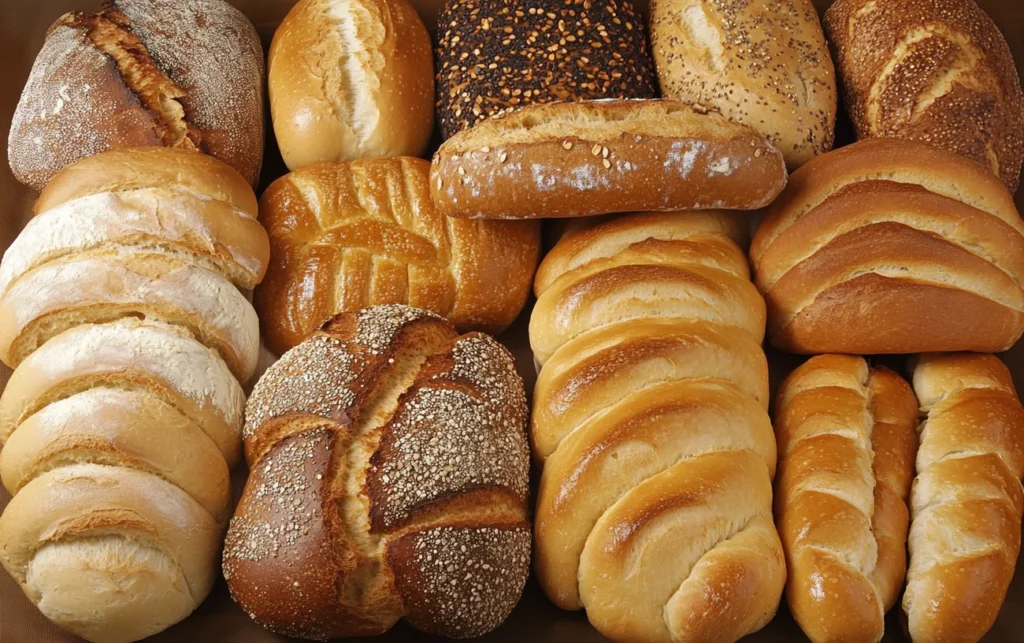Is it worth introducing such restrictions into your life? Let’s explore the potential benefits and challenges of eliminating flour-based foods from your diet for half a year.
Weight Loss and Energy Boost
Removing bread, pasta, pastries, and cakes from your diet can lead to noticeable weight loss—ranging from 3 to 10 kg or more. For people with gluten sensitivity, whether due to celiac disease or irritable bowel syndrome (IBS), eliminating gluten reduces bloating, indigestion, and fatigue. This often results in improved energy levels, making it easier to incorporate physical activity into daily routines.
Flour-based foods tend to be high in fat, sugar, and additives, contributing to excessive calorie intake. By replacing these foods with vegetable-based dishes and lean proteins, it becomes easier to naturally reduce calorie consumption. However, it is essential to be cautious with store-bought gluten-free products, which sometimes contain more sugar and additives than regular versions. Cooking meals at home provides greater control over ingredients and ensures healthier choices.
Improved Skin and Hair
A gluten-free diet can significantly enhance skin health if gluten is poorly processed by the body. The gut microbiome plays a crucial role in overall well-being, including skin condition. When flour-based foods, fast food, and sugary drinks are removed from the diet, harmful bacteria in the gut diminish, allowing beneficial bacteria to thrive. This balance leads to clearer skin and improved hair health.
Five Reasons to Reduce Gluten
Reducing gluten helps with weight loss by introducing more protein and fiber into the diet. It can alleviate heartburn, improve digestion, and enhance skin conditions, eliminating persistent itching or irritation. Bloating and puffiness also subside, leaving you feeling lighter and more energetic. Occasional indulgences, like enjoying a low-calorie cabbage pie, allow you to maintain balance without feeling deprived, reducing guilt and stress.
How to Cook Healthy, Gluten-Free Meals
It is best to avoid relying on processed gluten-free alternatives, as they can contain unhealthy additives. Opting for home-cooked meals ensures you know exactly what goes into your food. Grilling should be minimized since it can introduce carcinogens; instead, choose healthier preparation methods like steaming, boiling, or baking. For optimal results, avoid eating chicken skin, which may contain toxins, and prioritize fresh vegetables over high-carb sides such as pasta or bread.
Eliminating flour-based foods for six months can bring significant improvements to your health. These benefits include better weight management, enhanced skin, reduced bloating, and increased energy levels. However, it is essential to make thoughtful dietary choices, focusing on whole foods rather than heavily processed gluten-free products. Even one small change in eating habits can lead to lasting positive effects on your well-being.

